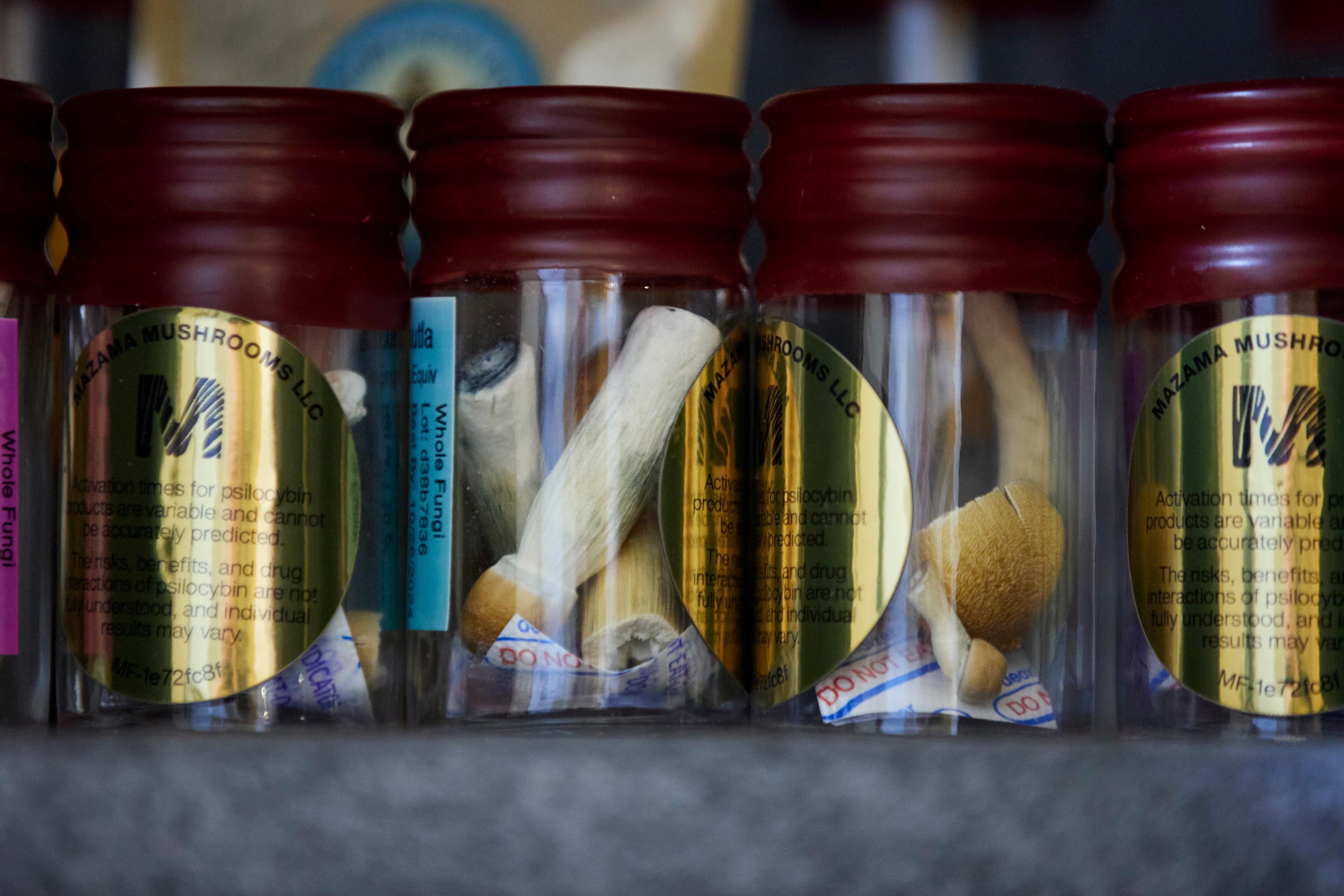
Michelle Sie-Whitten, who heads the Denver-based Global Down Syndrome Foundation, has big hopes for new research at the University of Colorado, where scientists say they have upended the conventional wisdom that Down is a brain disorder. Instead, they classify it as a malfunction of the immune system.
If they’re right, the research could lead to new treatments for the illnesses that often accompany the condition such as intestinal disorders like celiac disease or Type 1 diabetes.as well as other conditions, including Alzheimer’s. Sie-Whitten tells Colorado Matters that one person who might well benefit from the research is her own 14-year-old daughter with Down Syndrome, Sophia.
Researchers at CU’s Linda Crnic Institute studied 4,000 samples of bloods and proteins to determine that the immune systems of people with Down Syndrome are much different than the norm. While most people’s immune systems kick into high gear to fight bacteria or viruses, in people with Down Syndrome, the system is in high-gear 24/7 -- causing inflammation in the brain and other organs. That inflammation can affect mental capacity.









